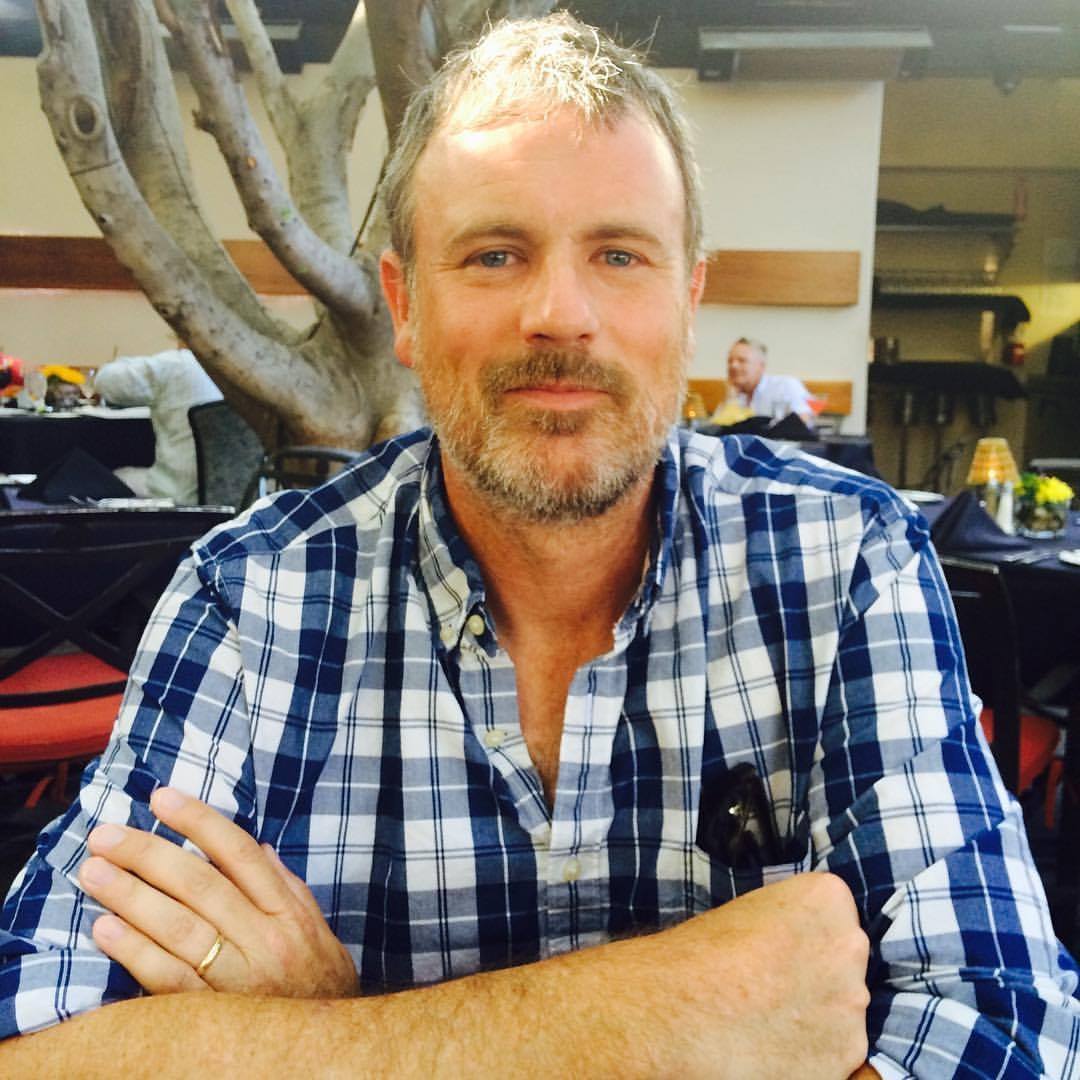Photos by Amy TheiligIt's a Catch-22 of chronic proportions. Marvin Chavez smokes pot because he has ankylosing spondilitis, a rare degenerative bone disease that keeps him in constant pain and a back brace. But like his bad bones, pot has given Chavez nothing but trouble—it has led to arrests, prison and cops raiding his house. So in an odd way, smoking pot also helps Chavez relieve the stress that comes with knowing that the cops are probably about to raid his house and take away his pot again.
“In jail, I had no worries,” Chavez said at his home in Santa Ana, just days after being paroled from the state prison in Vacaville on Aug. 15. “But now I live with stress every moment. Are they going to raid my house or not? That's my only stress right now.”
Chavez isn't being paranoid. The last time the cops showed up at his door was on Sept. 6, 2001, when Santa Ana police confiscated 46 marijuana plants from a greenhouse in his back yard. Police didn't arrest Chavez, but in January 2002, an appeals court upheld his 1998 conviction for selling marijuana, and he spent the next two and a half years behind bars.
His problems with pot started in November 1996, when California voters approved Prop-osition 215, which allowed sick people with doctor's prescriptions to smoke cannabis and gave birth to the phrase “medical marijuana.” Instead of respecting the new state law, Orange County law-enforcement authorities cracked down on anyone like Chavez who tried to operate co-ops aimed at helping sick people obtain medical marijuana.
In 1998, Chavez obtained a license for his co-op from the city of Garden Grove. He made several speeches at City Hall, announcing his intention to distribute cannabis to sick Orange County residents who were co-op members and, thus, had their doctor's permission to use medical marijuana. Tipped off by his highly public appearances in the council chambers, Garden Grove Police went undercover, posing as cancer patients and caregivers. In exchange for bags of cannabis marked “Not for Sale; For Medicinal Use Only,” they convinced Chavez to accept small monetary donations to fund the co-op. Prosecutors used those handfuls of cash to argue in court that Chavez was just a pot dealer trying to profit from sick people.
During his trial, Chavez was prohibited from using Prop. 215 as a defense. (The judge who made that ruling, Thomas Borris, later crashed his car into a tree while driving drunk.) Thus uninformed, the jury convicted Chavez of selling pot, and on Jan. 29, 1999, the same month the Weekly declared Chavez Man of the Year for 1998, Borris sentenced him to six years in prison. Chavez appealed, arguing that Borris had erred in not allowing him to mention the overwhelmingly approved state voter initiative.
Chavez walked out of a correctional facility in Susanville on April 21, 2000, pending the outcome of his appeal. That day, he learned that Jack Schacter, a friend and fellow co-op founder, had just died of AIDS. Once free, Chavez formed a new co-op, the Orange County Patient/Doctor/Nurse Support Group. Chavez promised Borris that he would not attempt to distribute any more cannabis but insisted on his right to grow his own marijuana at his house.
A year after police raided his house, Chavez learned his appeal had been rejected. Borris immediately ordered him to return to prison to serve out the remainder of his sentence. Chavez spent the next year and a half in Vacaville with other inmates suffering from serious illnesses and medical conditions.
“It was like being a kid in a candy store,” Chavez said. “There were all these sick patients everywhere who I could talk to about cannabis. There were all kinds of people there, and they were all on medication. They gave out morphine, codeine and other heavy drugs in a line that they called the 'hot line.' It was a huge, long line, and everyone in it had lots of obvious side effects, like walking zombies.”
Chavez says he proselytized on behalf of medical marijuana but failed to convince any prison doctor to prescribe it to him. “They tried to inject me with all these medications that they said could have serious side effects. I refused to take the injections.” Meanwhile, he wrote letters to Congresswoman Loretta Sanchez (D-Garden Grove), state Senator Joe Dunn (D-Santa Ana), California Attorney General Bill Lockyer and other officials in an unsuccessful effort to get them to support his cause.
Shortly after his latest parole, Chavez said he had no regrets but insisted he didn't deserve to be arrested in the first place.
“I have never hidden behind the law,” he said. “I am not a drug dealer. They know I'm not in it for the money. We are sick and dying people, and instead of viewing us as patients, they just keep coming after us like criminals.
“I want my medicine back,” he added, in reference to the dozens of plants that Santa Ana police confiscated from his back yard three years ago. “My lawyer is fighting to get it back. If I win, then other parolees who are sick and need their medicine will win, too.”

Award-winning investigative journalist Nick Schou is Editor of OC Weekly. He is the author of Kill the Messenger: How the CIA’s Crack Cocaine Controversy Destroyed Journalist Gary Webb (Nation Books 2006), which provided the basis for the 2014 Focus Features release starring Jeremy Renner and the L.A. Times-bestseller Orange Sunshine: The Brotherhood of Eternal Love’s Quest to bring Peace, Love and Acid to the World, (Thomas Dunne 2009). He is also the author of The Weed Runners (2013) and Spooked: How the CIA Manipulates the Media and Hoodwinks Hollywood (2016).

